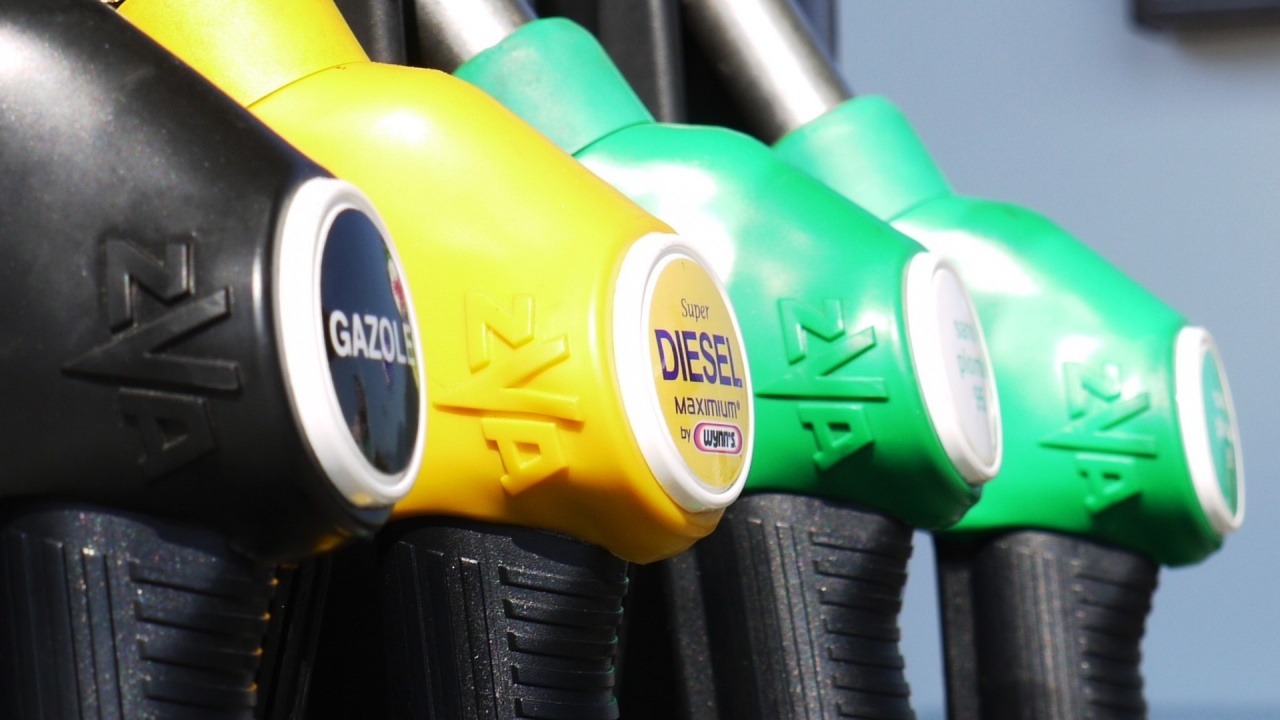Listen to the news
Fuels produced from Russian oil will be able to be exported without restrictions from Bulgaria until March 5, 2023. After this date, the cross-border trade in diesel is suspended, but it remains permitted for gasoline and other heavy fuels. This is clear from the government's decision taken on December 2.
It is in connection with the derogation that Bulgaria received to use Russian oil until the end of 2024, and cancels the ban on exports since December 5 of this year, imposed by Kiril Petkov's cabinet.
The decision of the official cabinet allows the import of Russian oil transported by sea and oil products until December 31, 2024.
In practice, in Bulgaria, only Lukoil Neftohim makes fuels from Russian oil, and the refinery will be able to trade with them freely for another 4 months.
After that, it will only be able to export certain products, but diesel will only be able to be sold on the Bulgarian market.
Whether this will lead to lower prices remains to be seen.
Since the beginning of November until now, fuel prices in our country have become cheaper, the main reason being the drop in oil prices.
Mass gasoline at the big chains now costs an average of 2.80 BGN, and at the small ones it is 12-15 cents cheaper.
These are prices comparable to those before the war in Ukraine.
However, diesel becomes cheaper much more slowly and currently its average price is 3.24 per liter, while before the war it was sold for less than 2.70 BGN.
However, the export of fuels from Bulgaria could be stopped in the coming weeks, if the law introduced by DPS is adopted.
The texts have already been adopted at first reading.
The movement explained that they proposed the bill to ensure that Bulgarian consumers, not the Russian company, would benefit from the derogation granted to Bulgaria.
We will welcome the Christmas holidays with slightly lower fuel prices
On the other hand, "Democratic Bulgaria" announced on Friday that they have made changes to the Fuel Law.
With the new texts, the state is given the right to take operational control over the Burgas refinery.
This does not mean nationalization, but only control over commercial activity, the DB pointed out.
And they specified that, according to their proposal, this could be done for a period of 6 months, which could possibly be extended by a maximum of another 6 months.
However, the imposition of fuel controls and attempts to tax Lukoil's excess profit in our country may prove futile if Russia stops supplying oil to countries that have introduced the $60 price ceiling.
If this happens, the plant in Burgas may be without raw material for the production of gasoline and diesel from mid-January.
Then Bulgaria will have to import fuel in order to have a sufficient amount at the gas stations.
Deputy Prime Minister Hristo Alexiev said that a back-up plan is also being worked on, which includes delivery of part of the crude oil by tankers across the Bosphorus.
He stated that the refinery has been asked to develop a variant and submit it.
export
diesel
